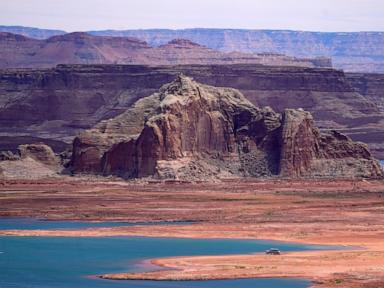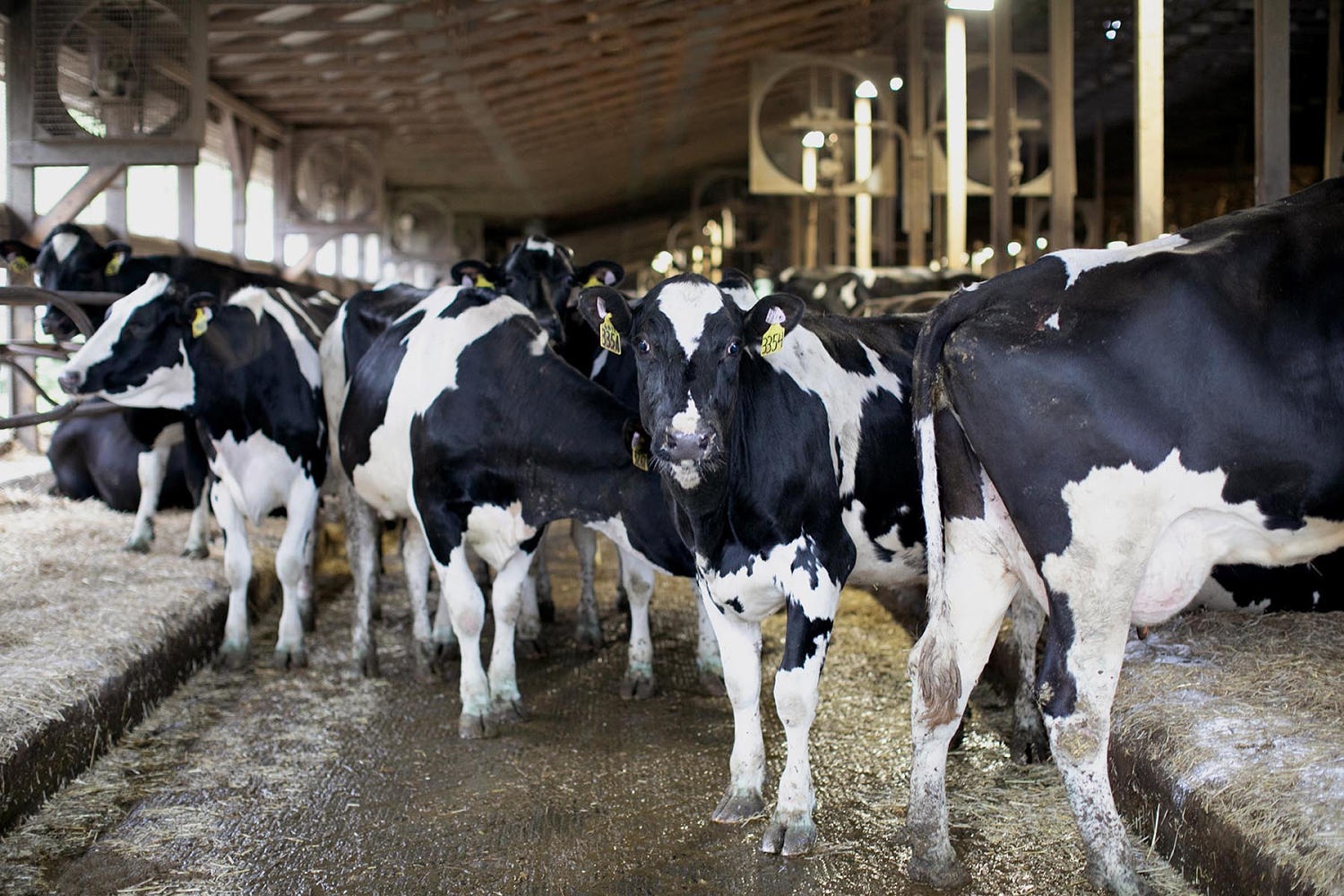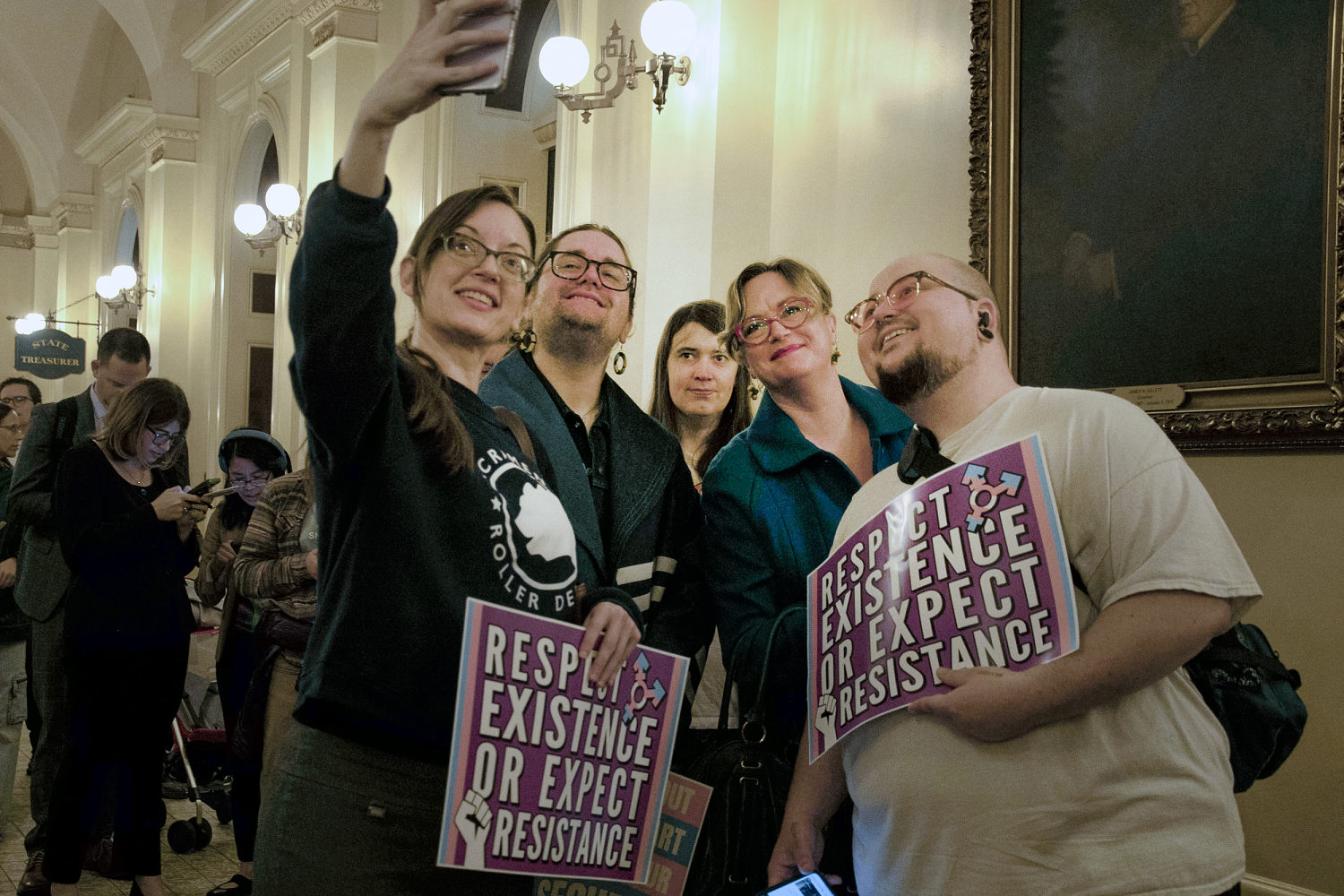Energy — where we get it, how we use it and what it costs — is fundamental to the quality and stability of modern life. It influences virtually everything we do and affects everything we hope to have in the future.
Few areas of government policy are more important. Preventing nuclear holocaust comes to mind, but it's increasingly apparent today that energy policies rank a close second. So, we must ask why President Trump is imposing short-sighted, irrational and profoundly destabilizing energy policies on this and future generations of Americans.
The president dwells in a fantasy land where there are no downsides to America's fossil-fuel addiction. Yet, our history is rife with oil wars, price and supply shocks, pollution-related diseases, and now the catastrophic weather disasters related to global climate change.
No place and no one is safe from the consequences of fossil energy pollution. Yet Trump continues to deny that global warming is real and primarily caused by burning coal, oil and natural gas.
He has ordered the Environmental Protection Agency to stop regulating fossil fuel pollution and told the industry, which already produces more oil and gas than any other country, to "drill, drill, drill" for more. At the same time, he is handcuffing the industry's competition by freezing public investments in less expensive clean energy from sunlight, wind, geothermal and other inexhaustible resources.
Now, with weather disasters growing more frequent and deadly, Trump and Homeland Security Secretary Kristi Noem say they plan to kill the government's principal disaster response agency, the Federal Emergency Management Agency. Trump's perverse policy is to make weather disasters worse while turning the government's back on the victims.
While we can thank fossil fuels for the lifestyles and conveniences most Americans enjoy today, the legacy of their long dominance is the destabilization and degradation of environmental systems critical to life. The atmosphere is one of those systems. Unprecedented weather extremes are the result of dumping fossil-fuel pollution into it. As the dumping continues, weather disasters become more frequent and destructive. The American people have been hit by an average of 23 major weather disasters (those with damages exceeding $1 billion) annually over the last five years, compared to only nine in the previous 45.
Entire communities are wiped out today by fires, floods and tornadoes. Nearly 40 percent of the country is experiencing drought-related water crises. Two of America's largest water reservoirs, which supply potable water and electricity to millions of people in seven western states, are reaching "dead pool status."
Heat waves, the biggest weather-related killer in the U.S., are inhibiting outdoor work ranging from construction to agriculture. Real estate values are


































